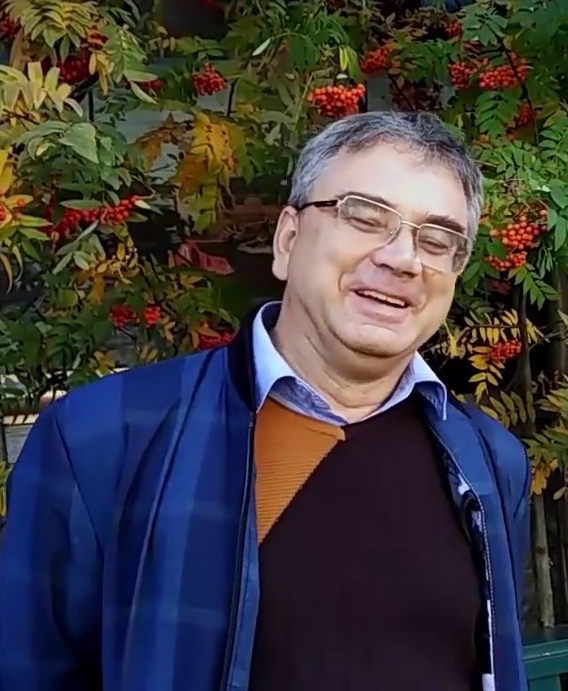The author of the article justifies the idea of the existence of a theistic version of virtualism in Russian spiritual and academic philosophy, pointing, in particular, to the psychology and anthropology of V.I. Nesmelov. The basis of Nesmelov’s virtualism is the thesis of the activity of the subject in cognitive work, the expansion of the limits of consciousness, which is provided by the needs of life itself. The article also examines Nesmelov’s understanding of the question of the correlation of faith and knowledge in the context of the theistic model of the theory of cognition, while emphasizing the Kazan professor’s study of the question of the status of faith as a “formation of knowledge”, which has become the essential core of all gnoseological issues.
Keywords: virtualism, psychologism, analytics of consciousness, gnoseology, theism, spiritual-academic philosophy, faith, knowledge, self-consciousness
DOI: 10.22250/2072-8662.2021.3.84-91
About the author
 |
Sergey V. Pishun – Doctor of Philosophy, Full Professor, Professor at the Department of Philosophy and Religious Studies |






